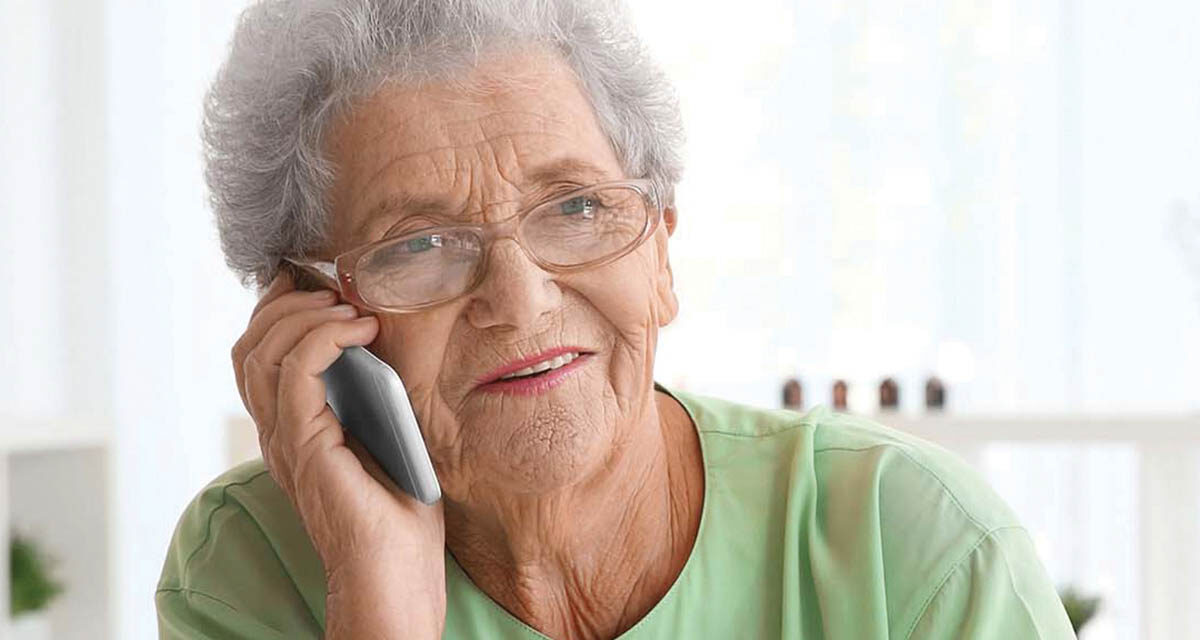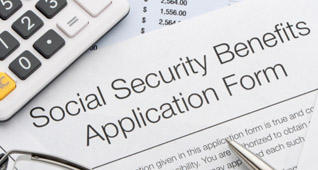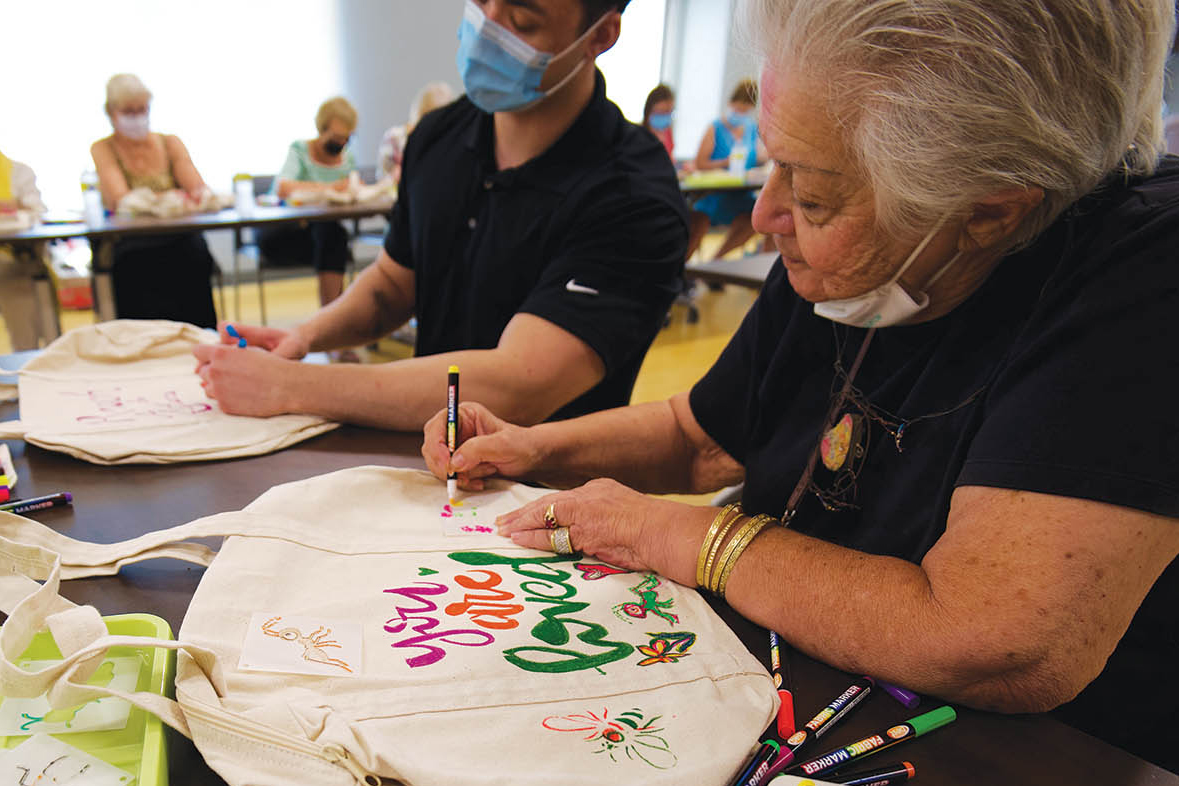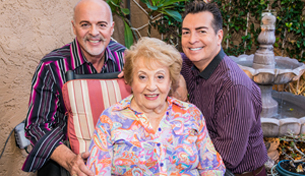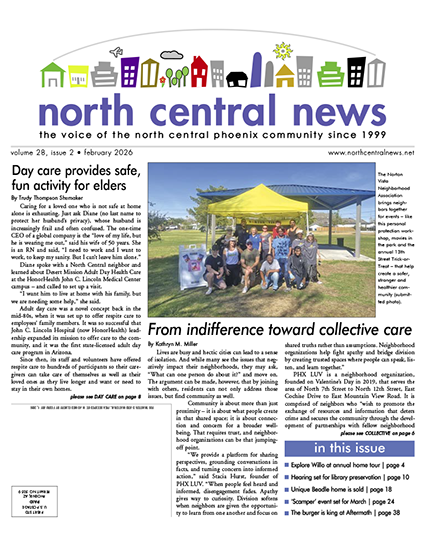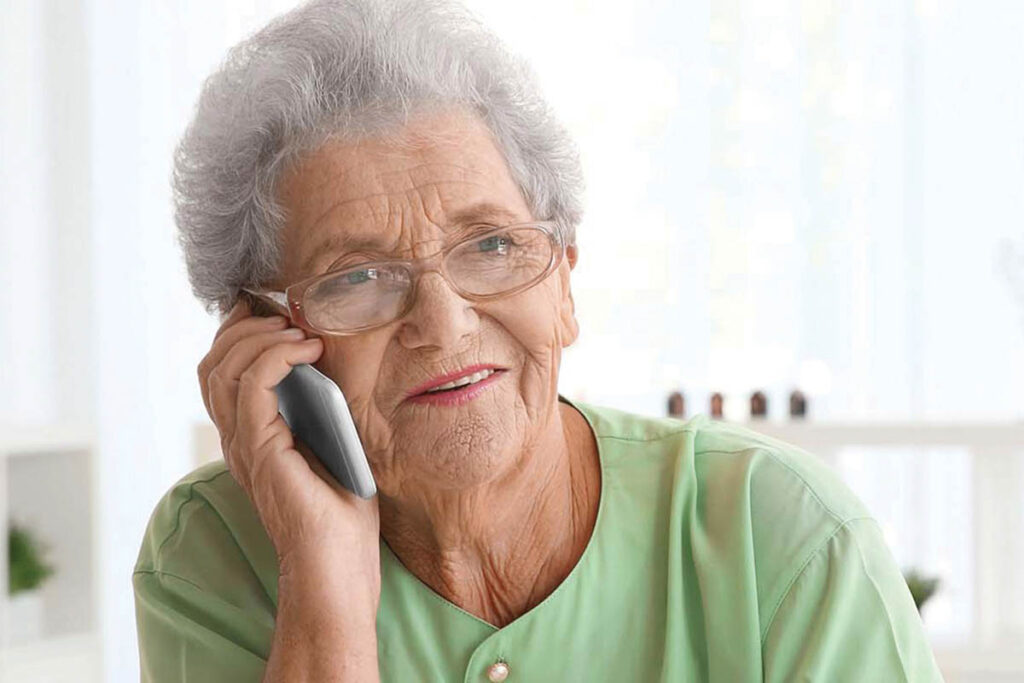
The Valley’s older residents can find answers and assistance by calling the Area Agency on Aging 24-hour help line (submitted photo).
By 2050, the number of Americans aged 65 and older is expected to see a 45 percent increase from 2022 numbers, which is bringing the health and safety of older adults into sharp focus.
Elder abuse can be financial, emotional, physical and sexual. It also includes people who are neglected and those who neglect themselves (self-neglect). Social isolation, financial or emotional stress, and dementia can make a senior vulnerable to abuse.
The consequences of elder abuse are grave: older adults who are abused are twice as likely to be hospitalized, four times as likely to go into nursing homes, and three times as likely to die. While studies show that 60 percent of abusers are family members, abuse can happen in any setting: in the older adult’s own home or a senior living community.
World Elder Abuse Awareness Day, or WEAAD, is an annual initiative launched June 15, 2006, by the International Network for the Prevention of Elder Abuse and the World Health Organization. WEAAD aims to provide opportunities for communities around the world to improve their understanding of the abuses experienced by older people by raising awareness of cultural, social, and economic processes and the demographics that affect them. Elder abuse is one of the least investigated types of violence and is not addressed in national action plans as often as other important social issues.
The United Nation’s International Plan of Action has described elder abuse as a public health and human rights problem. Globally, the number of elderly people in the world is expected to be 1.4 billion by 2030. Research shows that four to six percent of older people suffer from some type of abuse, most of which go unreported. June 15 is a day to ensure that we stay focused on our elders, ensuring they lead a life of high quality and dignity.
If you suspect that a vulnerable adult is in danger of abuse, document the signs; call law enforcement at 9-1-1 if the abuse is severe or you suspect the person may be in danger of more harm; and contact Adult Protective Services at 1-877-767-2385 or TDD: 1-877-815-8390 or report online at www.azdes.gov/reportadultabuse.
If you suspect abuse in a nursing home or other long-term care facility, contact the Area Agency on Aging Long-Term Care Ombudsman at the 24-Hour Senior Help Line 602-264-4357 (HELP). For additional information and assistance, call the help line or visit www.aaaphx.org.

